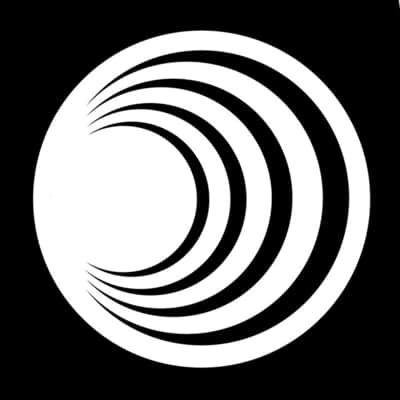

Well some of them are, like Polish and polish. I agree that different pronounciation is pretty exclusive, though.
Sono un dottorando in astronomia. Non sopporto le “questioni di orgoglio” e le “questioni di reputazione”.


Well some of them are, like Polish and polish. I agree that different pronounciation is pretty exclusive, though.


Very nice! Fun fact: half of these homonyms work in neo-Latin languages, too.
The most important aspect is peer review. At least in physics, journals assign your paper to an Editor (a scientist), that may reject it directly if it is not scientific. If it is, they will send it to another scientist to read the work and (a) suggest rejection, (b) suggest accepting the work directly or © in the most common scenario accept the paper for publication after some revisions. The editor reads the review and the informs the author of the paper accordingly, and the story iterates until the work is fine for the reviewer. There can be more than one reviewer (a.k.a. referee). The editor is what the journal offers, together with some spell checking service before publication. Editors are payed, and referees only sometimes.
There are notable, noble exceptions known as diamond open access journals, like my favourite: the Open Journal of Astrophysics
I agree the default should be a short name!
A side fun fact: I usually do the reverse under KISS launcher. The reason is that I like to try different apps for the same social. If all the relevant apps are named “ABC for Lemmy”, they all appear when I look for “Lemmy”.


This is really what I see missing. I am a reader more than a writer on Mastodon, and this is one of the major issues.
Congrats for your work!


Maybe it’s already there, but I’d like to browse other instances without creating an account, similarly to the anonymous view of Eternity for Lemmy.


I’m using the public instance routinely, and it does the job well.


Molto italiano (Stanis La Rochelle)


(Quello di DivestOS, a quanto pare)


Grandi quelli di DivestOS 🧡


Well this is how science works, right? You formulate hypotheses, build expectations and finally test them. For example, the expected influence of more talkative parents would be erased by other factors, like (and this is a mere example) the exposition to sounds in the woumb.


deleted by creator


Well, we know this feeling very well here


Love my Era
Grazie! Lista molto ben fatta!


Ciao! Come funziona il vostro servizio nextcloud?
I’m sure a lot of people will be infinitely thankful!!
I did, last time two months ago. Unfortunately their presentation software is pretty minimal at the moment, and I prefer the fully open ODP standard. Anyways, at the time there was an issue with videos that weren’t playing at all.
This is weird, at least. Any hints or hypotheses on the risk of not updating?